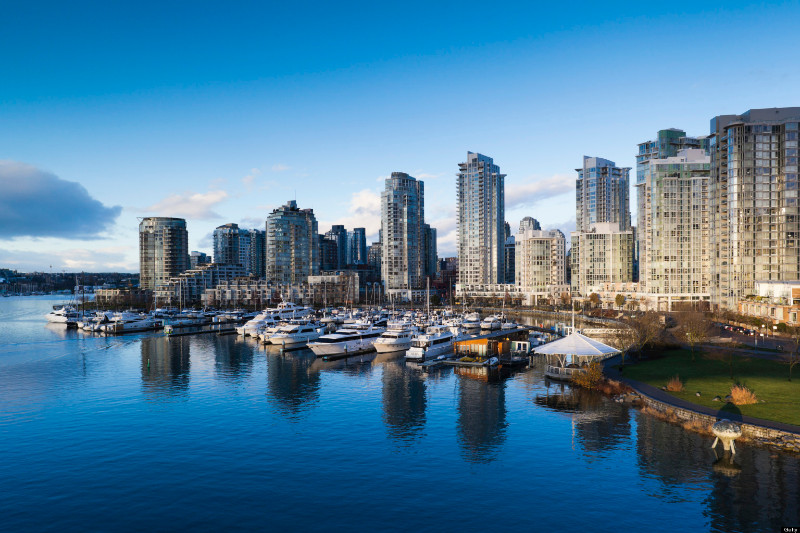
Vancouver is one of the most expensive places in the whole of North America when buying a home – the average price is now a whopping $1,578,300, out of the reach of many Canadians. After Chinese investment drove property prices to record levels, the government finally stepped in, announcing the end of self-regulation for the B.C. real estate sector. A 15% tax on property owned by foreigners is the latest measure – and it seems to be working already.
At several real estate offices, buyers are opting to default on their deposits than pay the tax – a 15% tax on a $1.57 million home amounts to $236,745. The deposit is held in a trust, and because a court order is needed for the buyers to withdraw it, a lengthy judicial process seems imminent. This also means that the owner cannot sell it to others in the meantime, so a lot of property could potentially be locked up.
Why Vancouver and Toronto are preferred by the Chinese
With Chinese culture being vastly different from others, it can be comforting to live in an area where others appreciate your customs, religion, and beliefs. Analysts speculate that investors are more than likely to head to Toronto, the other city in Canada which has been a hot favorite and seen similar price increases. The reasons may have to do with Vancouver having a huge proportion of residents with Chinese ancestry – about 17%, or 425,000 out of the 2.5 million population. Toronto has a similar population size at 2.6 million, but only 12% have Chinese ancestry in their veins – this still means more than 300,000. There are already Chinatowns on both cities. Only 46,845 of Montreal’s 1 million residents are Chinese, so it seems unlikely that they will head there.
Charles Sousa, Finance Minister of Ontario, says he is closely keeping watch on the developments. He did not rule out a similar property tax for Toronto if there is a sudden surge in property prices. However, John Tory, the Mayor of Toronto, is more cautious – only after studying the possible effects of such a levy would it be implemented.